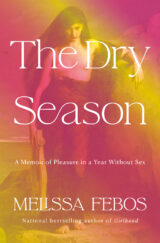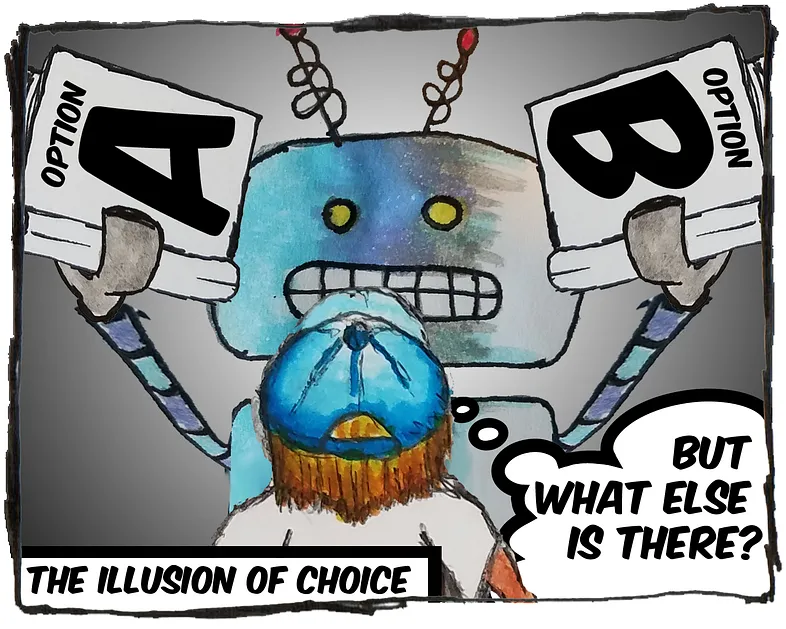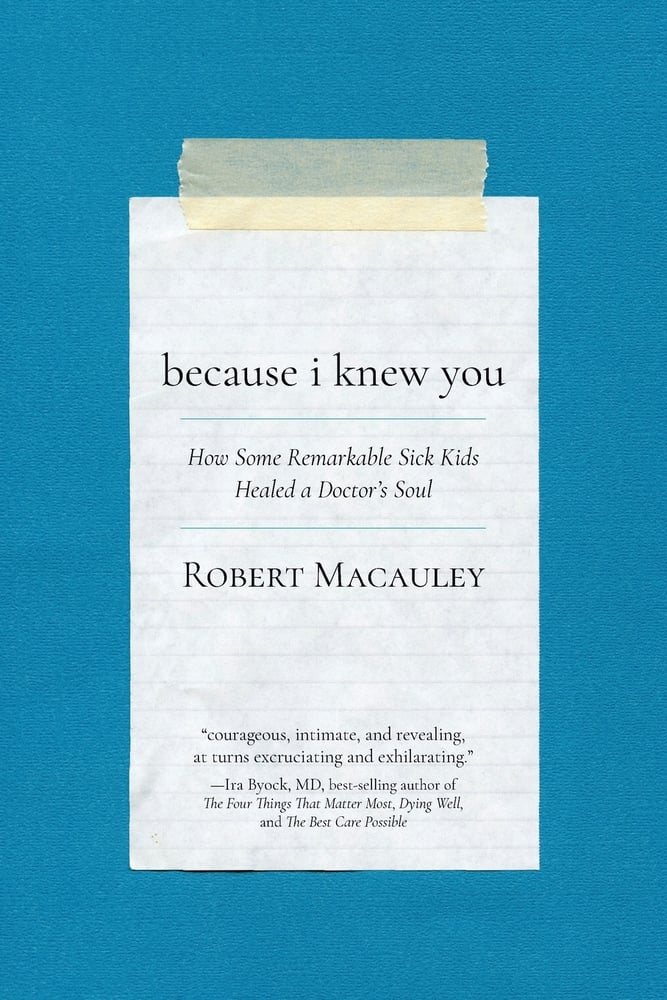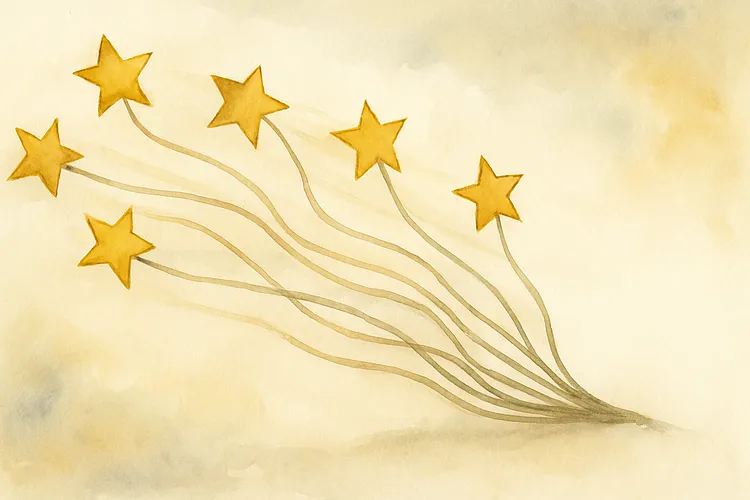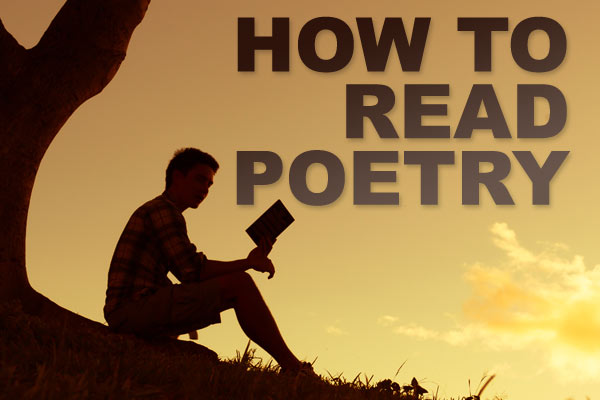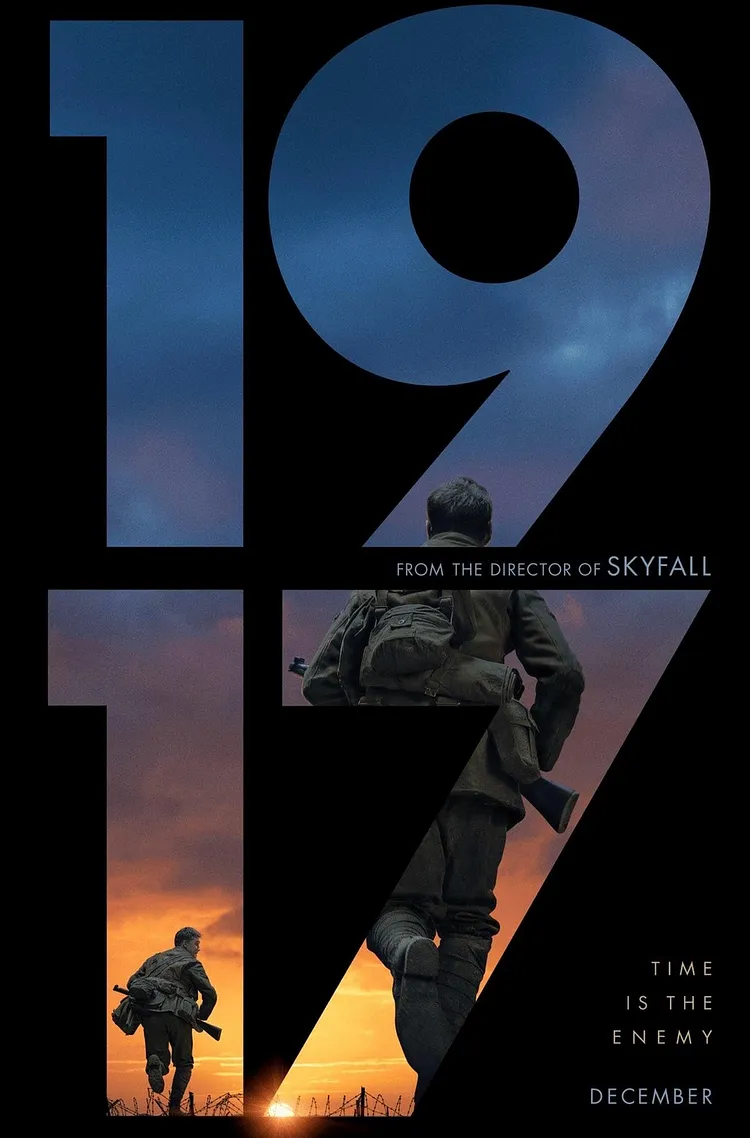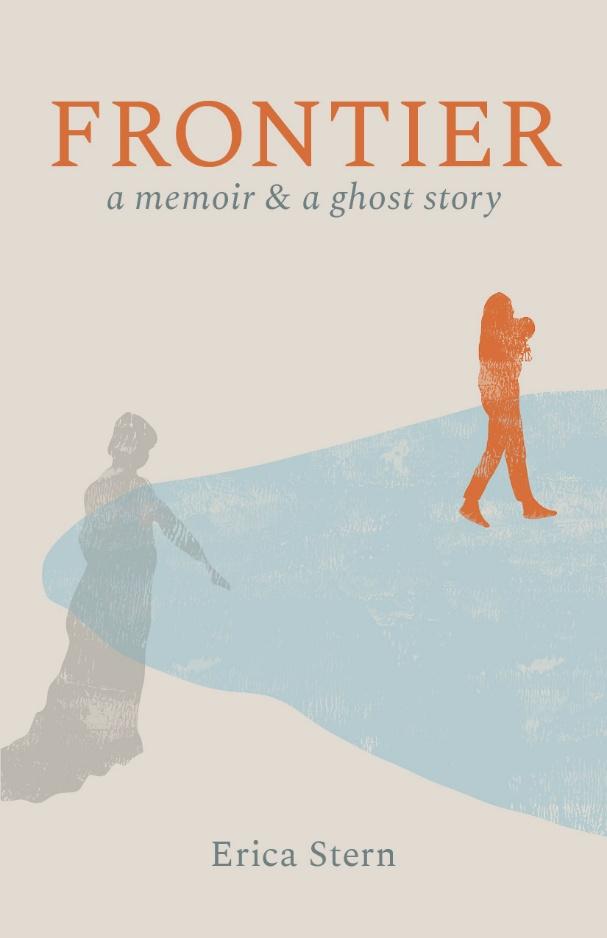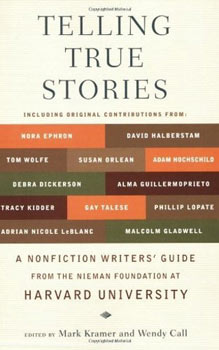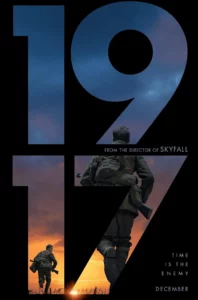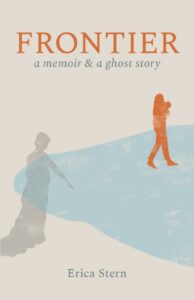
Unraveling Shadows: The Haunting Truth Behind “Fading…” by Joanne J.
Isn’t it curious how silence can sometimes whisper louder than words ever could? Here, in…
Unlock the Secret 6-Step Formula to Creating a Customer-Focused Content Strategy That Converts
Ever feel like your content is shouting into the void—pages and posts thrown out there…
The Hidden Truth About Newsletters That No One Wants You to Know
Ever find yourself opening a newsletter, expecting a treasure trove of writing wisdom, only to…
Brian Dean’s 2025 Blueprint: The Surprising Backlinko Relaunch That Could Change SEO Forever
Imagine if Brian Dean had to start Backlinko today—in a world where Google isn’t the…
Unlocking the Hidden Secrets Behind Provoking Real Change – What No One Tells You
Ever had that sinking feeling when you step up to rally your team, only to…
Unlock the Hidden Power of Schema Markup on Your WordPress Site – What You’re Missing Could Skyrocket Your SEO!
Ever wonder why some websites shimmer with star ratings, glowing reviews, and tempting product prices…
Unlock the Secrets Hidden Between the Lines: Master the Art of Reading Poetry Like Never Before
Ever catch yourself instantly obsessed with a new song—playing it on repeat, memorizing every lyric,…
Unveiling Hidden Whispers: Bruce Louis Dodson’s Enigmatic Nepalese Journey in Verse
Have you ever paused to wonder what it feels like when the heavens weep in…
Unveiling the Hidden Secrets Behind Every Scene in ‘1917’ — A Script Analysis Like No Other
Ever wonder what it really takes to dissect a war drama’s screenplay without losing your…
Unearthing Haunting Secrets: Erica Stern’s Frontier Blends Memoir and Ghost Story in Chilling Harmony
Ever wonder what it truly means to tread into the unknown territory of motherhood—beyond the…








